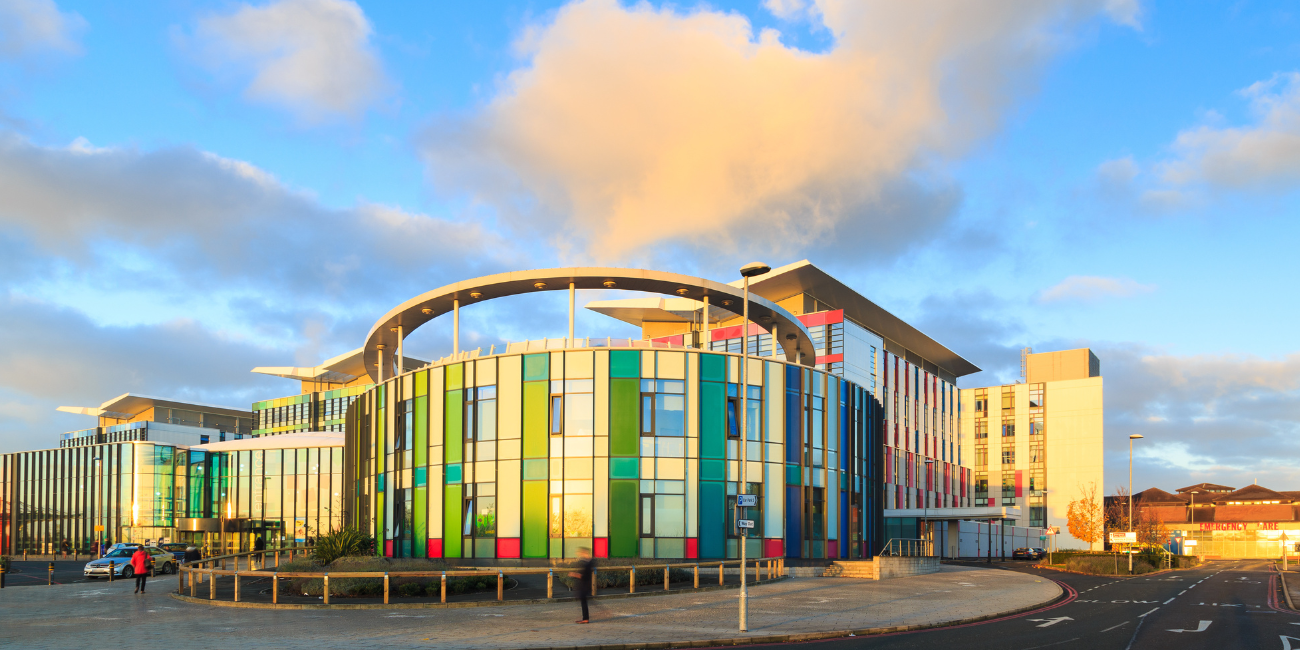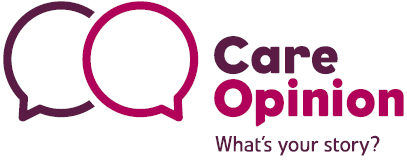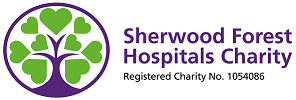Sherwood Forest Hospitals urges public to stay safe and hydrated during heatwave

Friday, 20 June 2025
With temperatures soaring due to the ongoing heatwave, Sherwood Forest Hospitals is urging the public to take simple but vital steps to protect their health and the wellbeing of those most at risk.
The warning comes as an amber heat health warning remains in place until Monday, with temperatures set to reach 30 degrees centigrade in Nottinghamshire on Saturday.
The very young, elderly and people with chronic health conditions are especially vulnerable during hot weather, as dehydration, heat exhaustion, and medication-related complications can all become serious health concerns in extreme temperatures.
Last year, during a similar heat-related period, there was a 36% increase in people suffering from dehydration attending the Trust’s Emergency Department at King’s Mill Hospital,
Dr Ben Owens, the Clinical Director for Urgent and Emergency Care at Sherwood Forest Hospitals, said:
“While warmer weather is something that many of us welcome, heat can be dangerous and present serious health concerns – especially for the very young and very old.
“Babies and older people may not be able to express thirst clearly or regulate their body temperature effectively, so it’s crucial for caregivers to be vigilant and take measures to prevent them becoming dehydrated by doing simple things like making sure to offer drinks regularly.”
Key health advice during the heatwave:
- Stay hydrated: Drink plenty of water regularly, even if you don’t feel thirsty. Avoid alcohol and excessive caffeine, which can contribute to dehydration.
- Keep cool: Stay indoors or in shaded areas during the hottest part of the day (11am–3pm). Close blinds or curtains in sun-facing rooms, use fans, and apply cool damp cloths to skin.
- Babies and young children: Ensure babies are feeding regularly (breast milk or formula) and check for signs of adequate hydration. Babies should be producing at least six wet nappies in 24 hours — fewer than this may be a sign of dehydration and should be discussed with a health professional. Keep babies in lightweight clothing and avoid overdressing.
- Medication awareness: Some medications — including drugs to regulate fluid levels and blood pressure as well as, certain psychiatric drugs — can affect the body’s response to heat or increase fluid loss. Patients should continue taking prescribed medications but speak to their GP or pharmacist if concerned
- Look after the vulnerable: Check in on older adults, young children, and those with long-term health conditions. Offer regular drinks and keep them in cool environments. Watch for signs of dehydration such as dry mouth, dark urine, dizziness, or confusion.
- Recognise heat-related illness: Symptoms of heat exhaustion include excessive sweating, pale skin, headache, cramps, and nausea. Move affected individuals to a cool place, provide fluids, and seek advice from your GP, Pharmacies and NHS 111 if symptoms persist
- Anyone experiencing confusion, a high body temperature, no longer sweating despite the heat, or becoming unresponsive should be treated as a medical emergency. Call 999 immediately.
Communications team
Contact the Communications team





